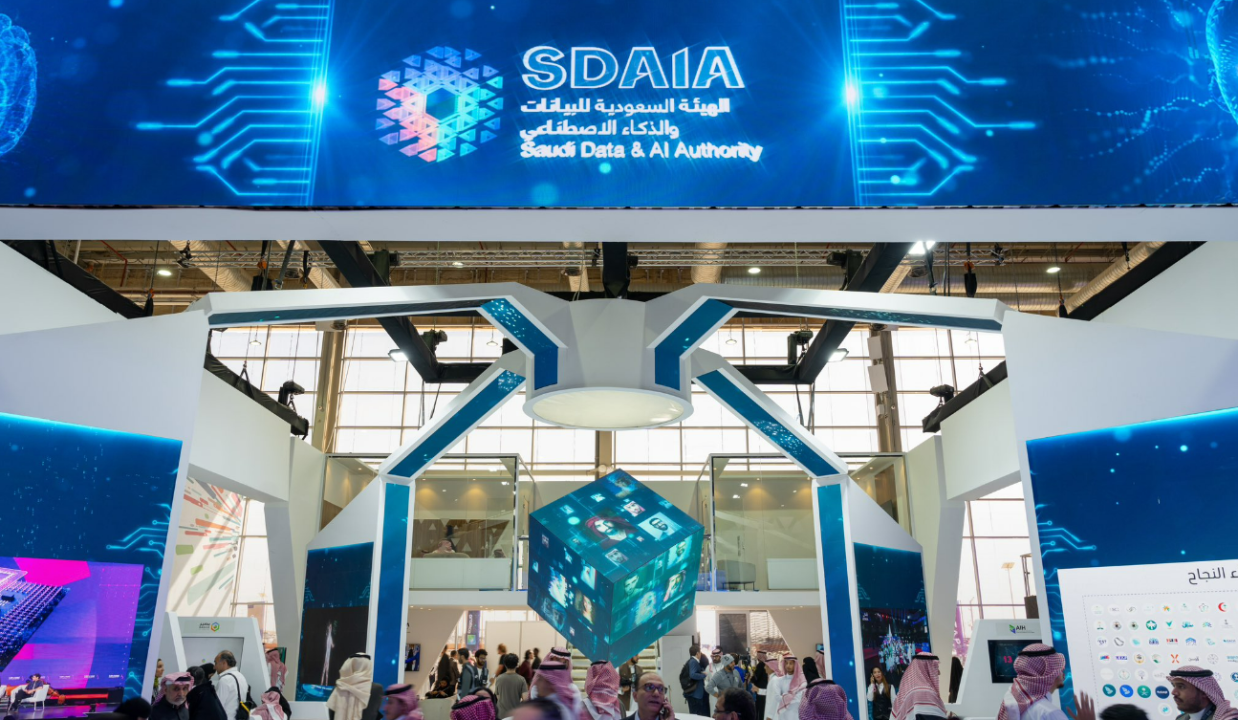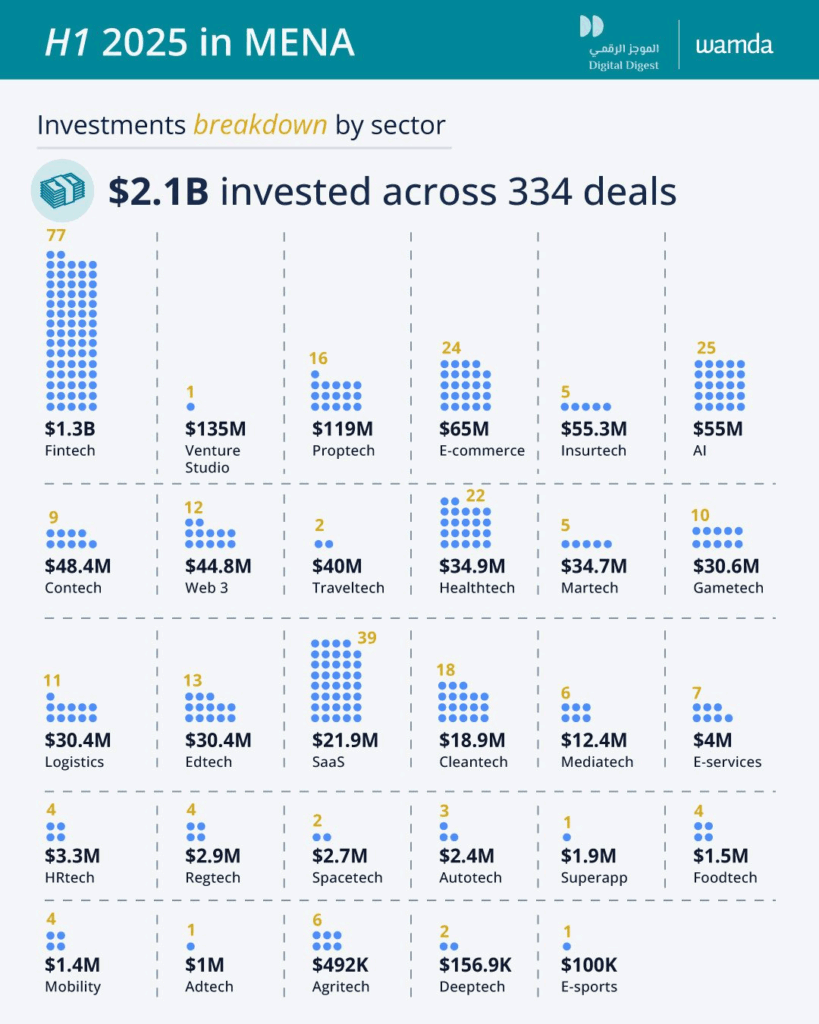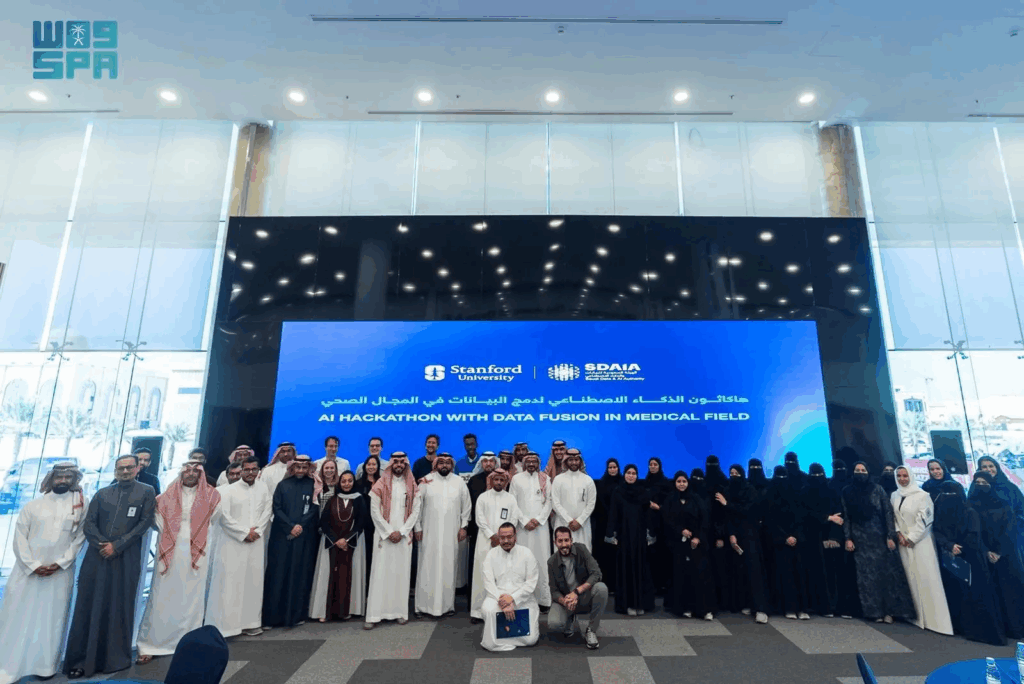
Artificial intelligence is reshaping industries, economies, and everyday life across the globe. And nowhere is this transformation more evident than in the Middle East. From visionary national strategies to rapidly growing startup ecosystems, AI in the Middle East has reached an inflection point where founders can tap into government support, venture capital flows, and cutting-edge use cases to build smarter, faster, and more impactful products.
In this blog, we’ll explore the key developments that founders must know to seize the AI opportunity in this dynamic region.
1. Government Strategies & National Agendas
UAE’s National Strategy for Artificial Intelligence 2031
The United Arab Emirates launched its National Strategy for Artificial Intelligence in 2017, aiming to become the world leader in AI by 2031. The strategy focuses on:
-
Priority sectors: energy, logistics, tourism, healthcare, and cybersecurity—each chosen to maximize economic and social impact.
-
Human capital & research: creating a National Virtual AI Institute, training programs for students and government employees, and attracting global researchers through the Key Thinkers Program.
-
Governance & ethics: establishing frameworks like the Global Governance of AI Roundtable and a National Governance Review to ensure responsible innovation.
By weaving AI into public services…from predictive tourism systems to advanced diagnostic tools…the UAE expects AI to contribute up to 14% of its GDP by 2030.

Saudi Arabia’s SDAIA & the SAMAI Initiative
Saudi Arabia’s Saudi Data & AI Authority (SDAIA), established in 2019, drives the Kingdom’s National Strategy for Data & AI under Vision 2030.
-
SAMAI (“One Million Saudis in AI”): launched in September 2023 to train one million citizens in AI skills, covering data science, machine learning, and ethical AI practices. As of July 2025, over 424,000 Saudis have enrolled.
-
AI ethics & data protection: SDAIA issued guidelines on generative AI, deepfake content, and the Kingdom’s Personal Data Protection Law, ensuring culturally aligned and responsible AI adoption.
These initiatives position Saudi Arabia as a major AI hub, nurturing local talent and fostering a robust ecosystem for startups and enterprises alike.
2. Funding Landscape
Investment in AI in the Middle East has surged in 2025. In the first half of the year, MENA startups attracted $2.1 billion across 334 deals, a 134% YoY increase according to WAMDA.

3. Major & Emerging AI companies in the Middle East
Here’s a rundown of some of the most influential and fast-growing AI companies reshaping the landscape across the region:
Humain (Saudi Arabia)
-
Launched in May 2025 by Saudi Arabia’s PIF, Humain is a state-led AI powerhouse aimed at accelerating the Kingdom’s AI ambitions.
-
Services include next-generation data centers, AI infrastructure, cloud technologies, and a powerful multimodal Arabic large language model (LLM).
-
Construction of its AI-powered data centers has begun, targeting early 2026 operations in Riyadh and Dammam, fueled by thousands of Nvidia Blackwell chips and strategic partnerships with AMD and Qualcomm.
G42 (UAE)
-
One of the region’s most prominent AI firms, G42 leads major efforts in healthcare, public services, energy, and large-scale AI infrastructure.
-
Launched its Arabic LLM “Jais,” trained on over 400 billion tokens.
-
Expanding globally: recently invested in France’s AI ecosystem, partnering with DataOne to develop an AI compute facility center in Grenoble.
-
G42 and Microsoft launched the Responsible AI Foundation, the first AI governance centre in the Middle East. The initiative is backed by MBZUAI and aims to set AI governance standards for the Middle East and Global South.
AIQ (UAE)
- A specialized AI firm within the energy sector: AIQ uses machine learning, computer vision, and predictive analytics to optimize drilling operations, cut emissions, and improve maintenance in oil & gas.
DXwand (Egypt & UAE)
-
Developer of “ORXTRA,” a conversational AI platform for Arabic-English chatbots and knowledge mining.
-
Raised $4M in Series A to expand across MENA and invest in generative AI R&D.
Fanar (Qatar)
-
A research-driven AI initiative focused on Arabic-centric multimodal generative models.
-
Developed two flagship LLMs…Fanar Star (7B parameters) and Fanar Prime (9B)…covering language, speech, image generation, and Islamic/religious tasks. Created by Qatar’s Computing Research Institute with government backing.
4. Capacity Building & Governance Frameworks
Bridging the AI Talent Gap
Programs like SAMAI aim to equip Saudis with foundational AI skills, while the UAE’s AI strategy invests in data-science curricula across schools and universities.
Specialized Institutions
-
Mohamed bin Zayed University of Artificial Intelligence (MBZUAI): world’s first graduate-level AI university, launching undergrad programs in March 2025 to produce future AI leaders.
-
Technology Innovation Institute (TII): Abu Dhabi-based R&D hub with research centers in secure systems, autonomous robotics, and advanced computing.
Founders can tap into talent pipelines through internships, sponsored research, and hackathons to build high-performing teams.
Aligning with OECD AI Principles

Saudi Arabia recently signed on to the OECD AI Principles, embedding guidelines for trustworthy AI…covering transparency, accountability, and human-centric design into its national policies.
5. Challenges & Risks for Founders
-
Infrastructure Gaps: While major cities enjoy robust cloud and data-center capacities, smaller markets may face latency and connectivity issues.
-
Talent Scarcity: Despite training programs, demand for experienced AI engineers and data scientists outpaces supply…plan for upskilling and remote hires.
-
Hype vs. Value: Avoid chasing every new AI trend; focus on solving real problems with measurable ROI.
6. Actionable Steps & Best Practices

-
Align with National Agendas: Tailor your AI product roadmap to UAE 2031 or Saudi Vision 2030 priorities for easier access to grants and pilot programs.
-
Leverage Open APIs & Platforms: Kick off MVPs using OpenAI, Hugging Face, or Google Cloud AI to reduce development time and upfront costs.
-
Engage Local Ecosystems: Join SDAIA hackathons, UAE AI Camp, and regional incubators to connect with mentors, partners, and early adopters.
-
Embed Ethics by Design: Integrate transparency, bias mitigation, and data-privacy measures from Day 1 to build trust and simplify compliance.
-
Pilot Fast & Iterate: Use no-code/low-code tools to test AI features rapidly, gather user feedback, and refine before heavy engineering investment.
Conclusion
AI in the Middle East is becoming a real driver of growth across industries. For founders, this means that the opportunity is wide open. The region is investing heavily, and early movers can build products that serve local needs while scaling globally.
Markets like the UAE and Saudi Arabia are creating the infrastructure, funding, and talent pool to make AI adoption easier than ever. At the same time, smaller startups are proving that local solutions can compete on a global level.
The region is still early in its AI journey, but that also means the biggest opportunities are still ahead. If you’re building in the Middle East, this is an ideal opportunity to explore how AI can be integrated into your product or business.


